| A | B |
|---|
popular sovereignty,  | The people vote to decide the issue of slavery (like in Kansas-Nebraska) |
secede, 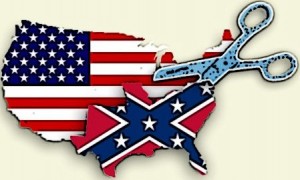 | To break away from. The South threatened to secede from the North. |
Compromise of 1850, 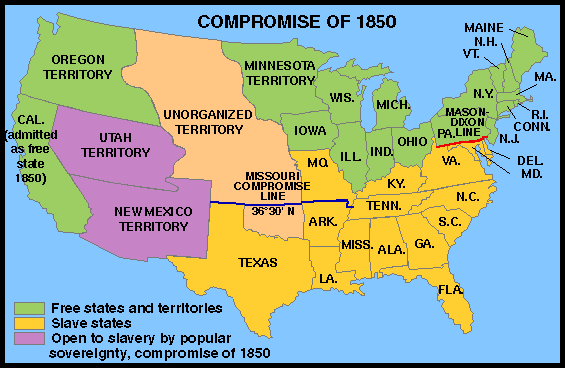 | Admitted California as a free state and included a new Fugitive Slave Act. |
Fugitive Slave Act, 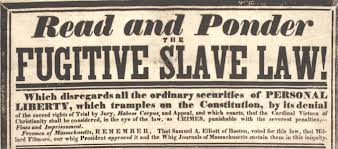 | Law that demanded people help capture and return slaves |
Uncle Tom's Cabin,  | Book about slavery that convinced people in the North that it was wrong |
Kansas Nebraska Act, 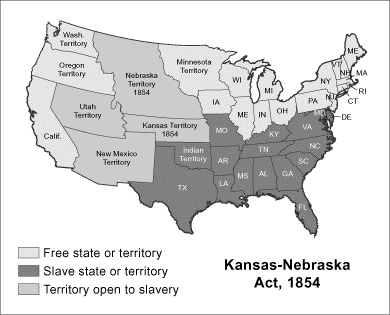 | Law that said slavery would be decided by popular sovereignty and led to violence (Bleeding Kansas) |
Bleeding Kansas, 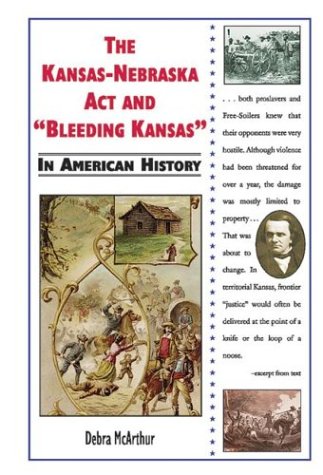 | The violence that was a result of the Kansas-Nebraska Act (showing the failure of popular sovereignty) |
Beating of Charles Sumner, 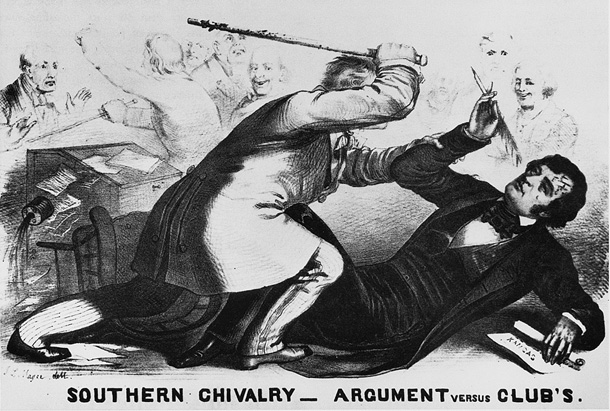 | Senator who was beaten almost to death by a Congressman over the slavery debate |
Dred Scott v. Sandford, 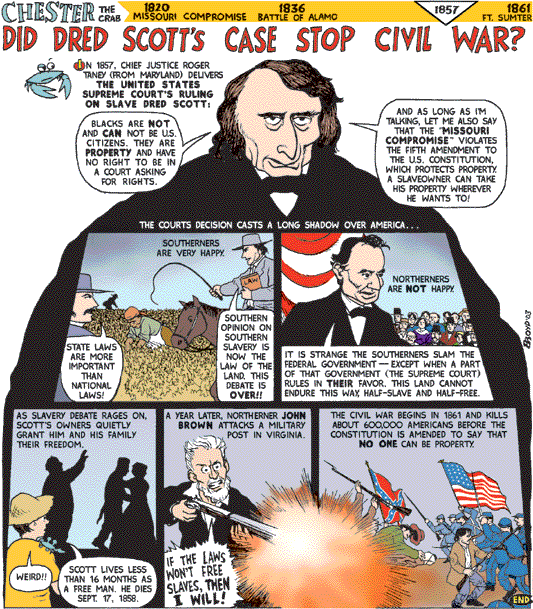 | Case where the Supreme Court ruled slaves had no rights and Congress had no right to outlaw slavery |
Republican Party, 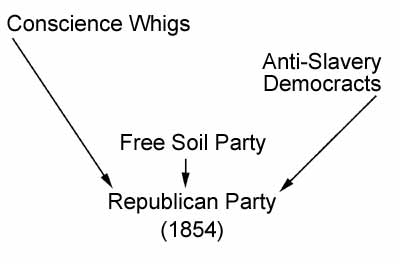 | Party created to stop the spread of slavery |
Lincoln Douglas Debates, 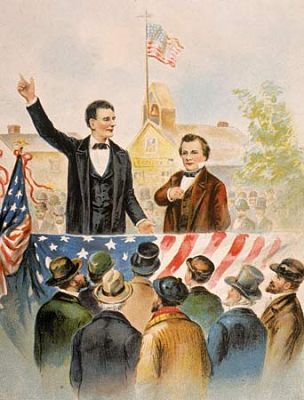 | Debates that made Lincoln famous in the North and hated in the South |
John Brown's Raid, 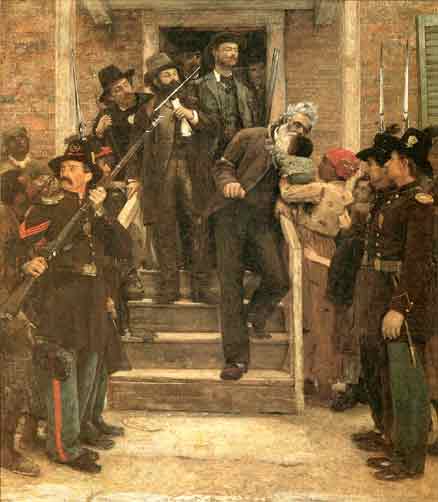 | Tried to lead a slave revolt spreading fear in the South |
The Election of 1860, 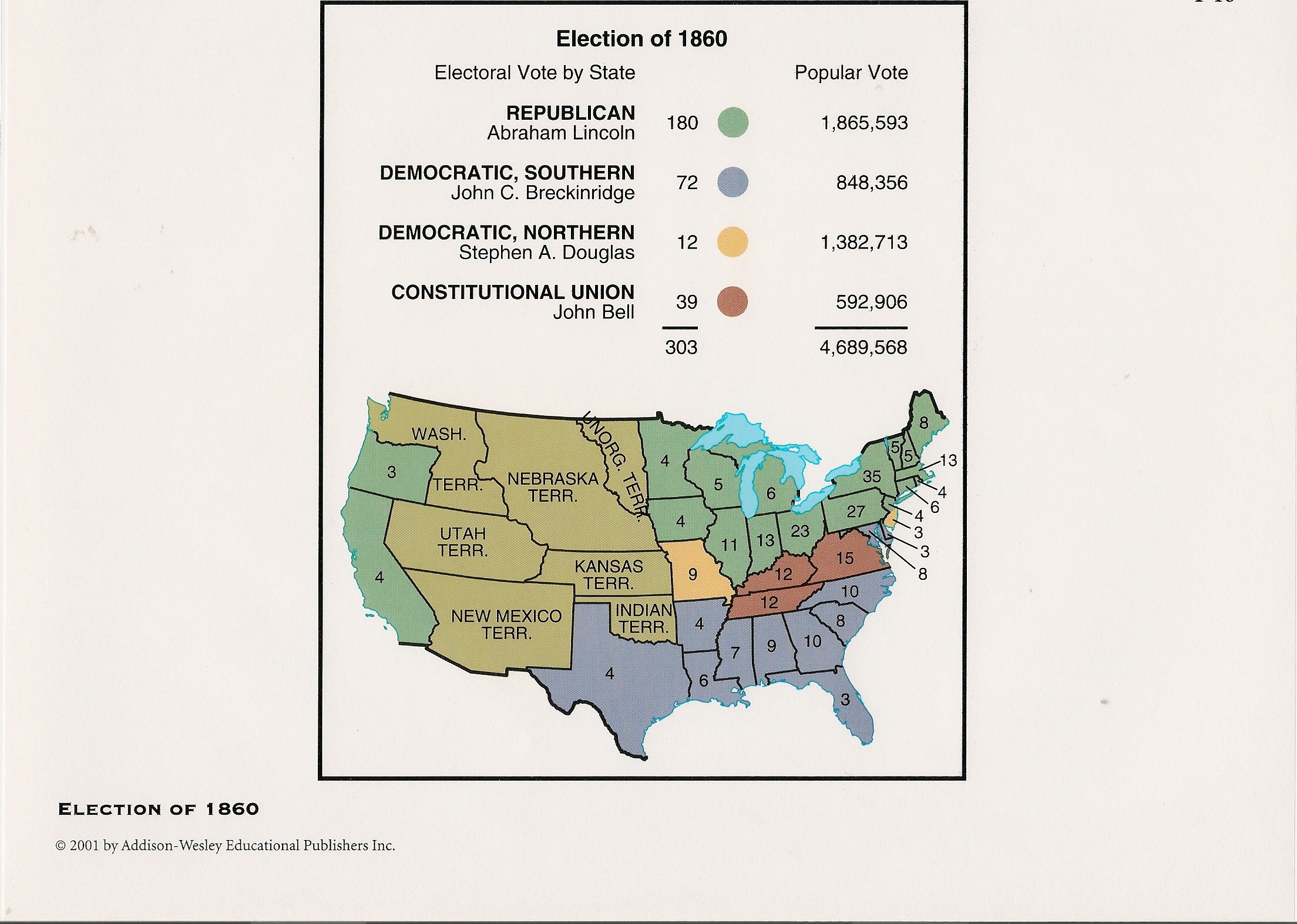 | Lincoln won the North and the West because the Democrats were split leading to secession |
Battle of Fort Sumter, 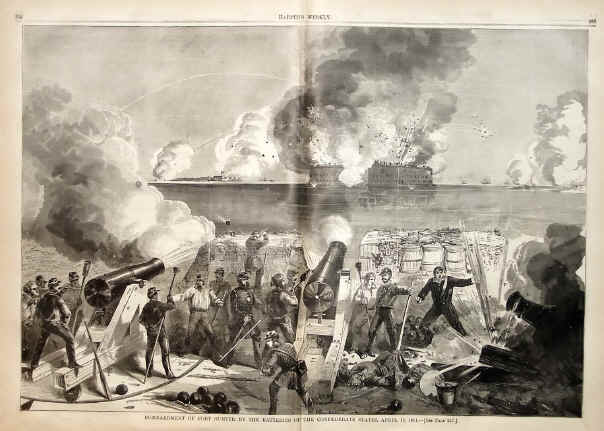 | The first battle of the Civil War happened because the Confederates tried to seize all forts |
Confederate States of America,  | The new nation formed by the South after secession |